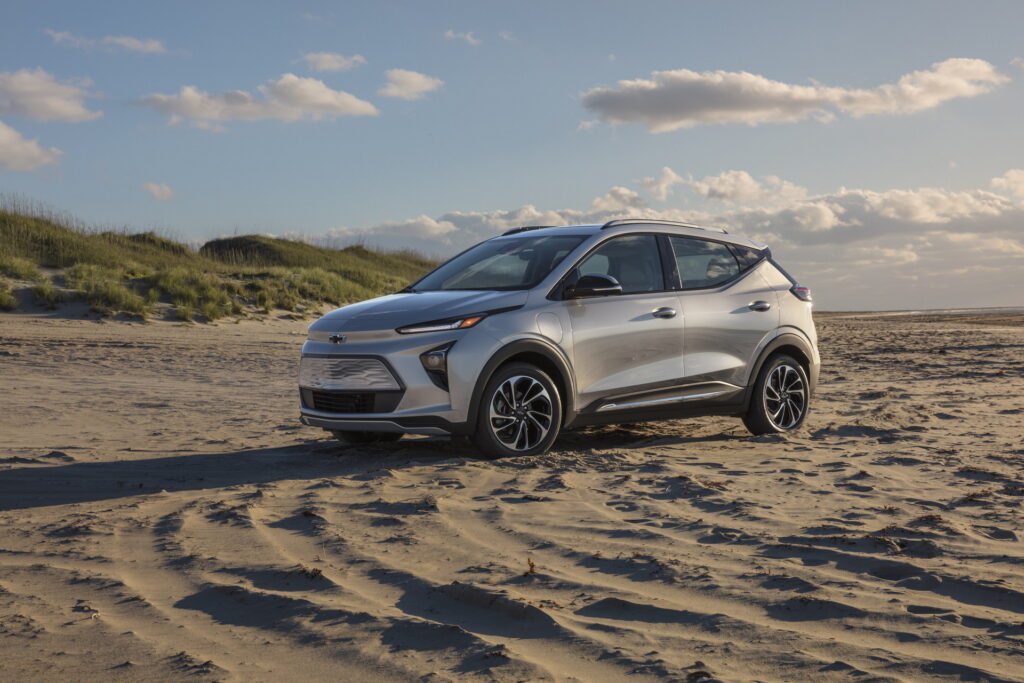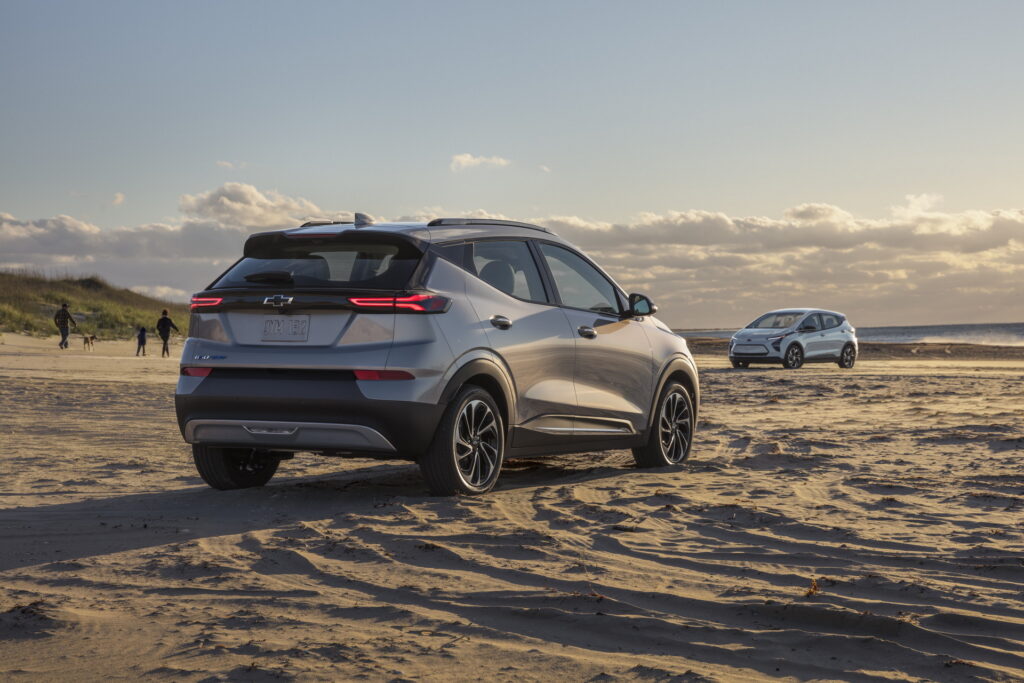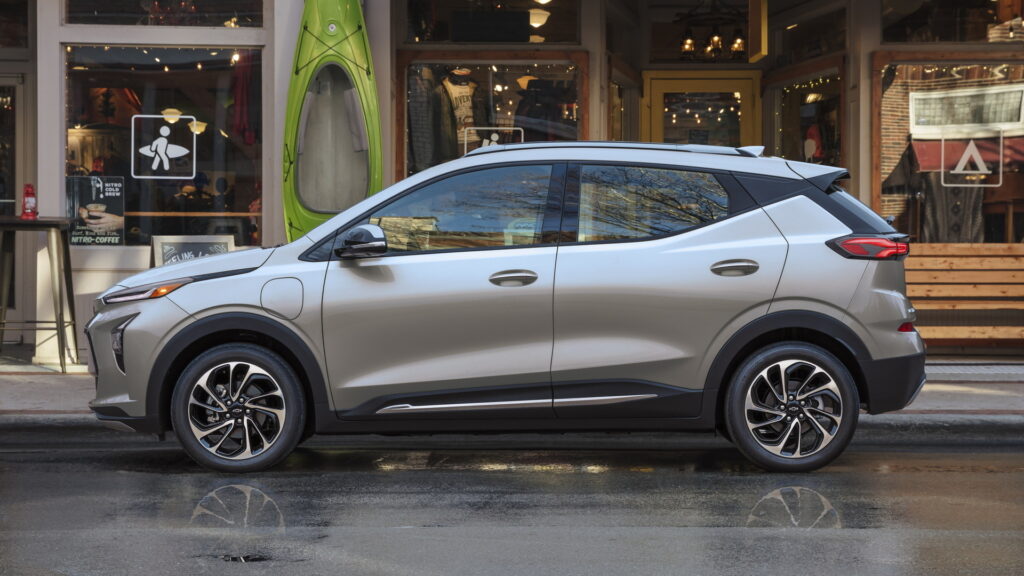The owner of a Chevrolet Bolt claimed recently that his vehicle can no longer charge at public level 3 fast-charging stations following the implementation of a recall fix. More frustrating still, Chevrolet’s initial response was allegedly to shirk responsibility for the issue.
The owner, Steve Babcock, took to the Chevy Bolt EV and EUV Owners Group, to complain that after having had his battery replaced because of a recent recall, his Bolt’s “DC fast charging ceased to function.”
He claimed to have tested the fast-charging function at three brands’ stations, including Electrify America and EVGo, a company with which GM has a close partnership. He then posted a screenshot of a message that he received from Chevrolet.
More: Chevrolet To Replace Battery Modules In Recalled Bolts

“After discussing this situation, the dealership informed us that after diagnosing the vehicle, they determined that the vehicle works as designed when using a GM Approved charger at both your home and at a certified GM Dealership,” Chevrolet wrote in the message. “Please know, as this situation is only happening when attempting to use public chargers, GM is not responsible for charging concerns when using non-GM approved stations.”
The owner alleges, though, that the dealership doesn’t have any DC fast-charging plugs. That means that, as with home charging, the Bolt would be completing Level 1 or 2 charging at the dealership, which is much slower than level 3 fast charging.
Indeed, Plugshare data dug up by Inside EVs shows that the dealership in question does not have a Level 3 fast-charging plug. Whereas Level 1 and 2 chargers flow through onboard gear, the power from a DC fast charger goes directly to the EV’s battery. It’s easy to understand, then, why the owner would feel that his concerns were not being addressed.
Fortunately, it seems that GM has noticed this issue.
“The advisor misspoke in this case, and our customer care team is in contact with the customer,” GM wrote in a statement to Inside EVs. “GM does not certify individual charging stations nor verify charger operations on a real-time basis, but relies on a combination of industry standards, independent safety certifications obtained by charging hardware manufacturers (i.e. UL), and our ongoing interoperability testing with charge station operators to ensure a positive customer experience.”





